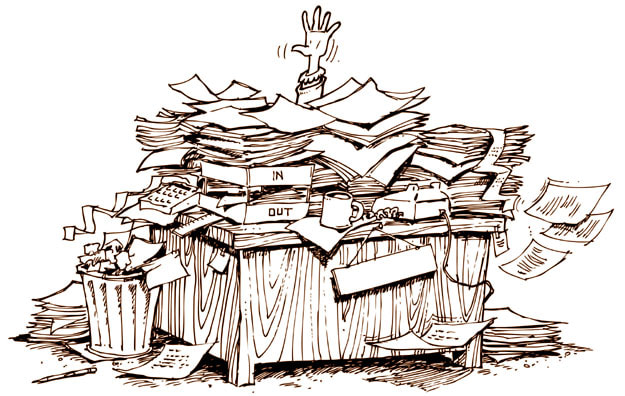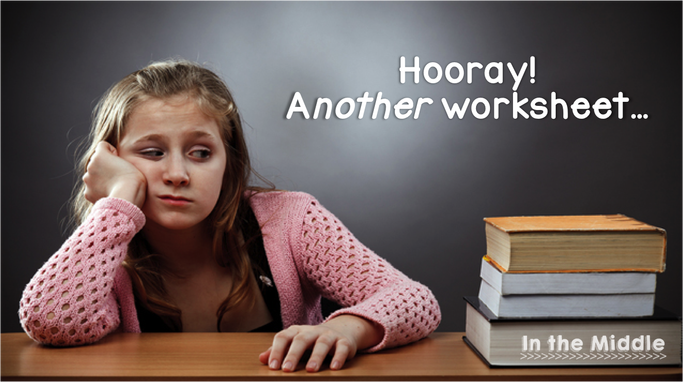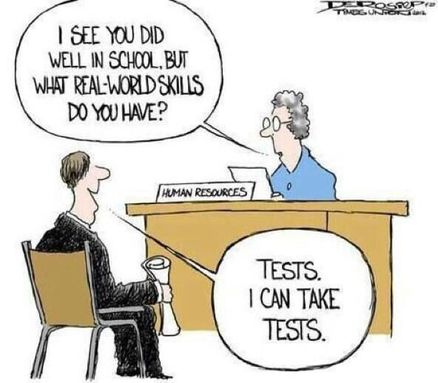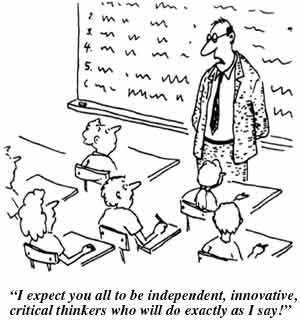If you can read this sentence, you have a moral obligation to read at least one ministry curriculum or policy document, and get actively involved in your child's schooling. More specifically, you need to engage your child's teacher. Yep, even if your kid is doing well at school. (Actually, maybe especially if!)
As both a parent and a former classroom teacher, I know that latter fact isn't always true.
Don't get me wrong, there are many phenomenal educators out there (for example, check out this visionary Grade 2/3 teacher from Chatham Kent, who worked with her students to develop their sense of agency, and to make a concrete difference in their community... or be amazed by this Grade 6 class -- obviously guided by a committed teacher or group of teachers -- that developed skills in math, literacy and the arts while really thinking about their community in transition).
But there are also a surprising number of teachers who actually don't seem to like learning! As new research emerges, they cling to their old methods of doing whatever they're doing, regardless of whether those methods work or not, leaving their students to learn the ways of an evolving world from their friends, or YouTube, or -- if they are lucky -- their parents or other community agencies that step into the gap.
It's not just about your particular child... it's about a society's children at large.
Is your son or daughter doing well in school because of what their teachers are doing, or in spite of it? And how about your child's friend? Or the kid in her class who gets bullied all the time because his skin is a different colour than most of the other kids' skin, or his family practises a different religion from the majority, or his family has two dads? Or the child who learns by doing and saying, but the teacher only promotes written work in class?
Does what your child learns (both implicitly and explicitly) at school help her to see these other students as her peers who have valuable cultural collateral and academic schema to contribute? Or is she learning to see them as a detriment to the class, troublesome students who have to be "dealt" with? And how will your child carry this learning into her future relationships, job and life in general?
To help every child and student in Ontario to "develop the knowledge, skills and characteristics that will lead them to become personally successful, economically productive and actively engaged citizens" (pg 1), we as parents need to keep current with what it is that our education system is up to, and we need to engage with the adults who spend so many hours a day with our precious snowflakes!
The educators are, of course, the professionals. They have been trained in and have the experience with implementing the various tools and strategies outlined in the policy and curriculum documents. But by reading at least some of these documents ourselves, we can engage our children's educators in sharing their own thinking about how the pieces of the educational puzzle fit together.
It's kind of like perusing the landlord and tenant act before calling your landlord (or your tenant) to have a conversation about the burst pipe in the kitchen!







 RSS Feed
RSS Feed